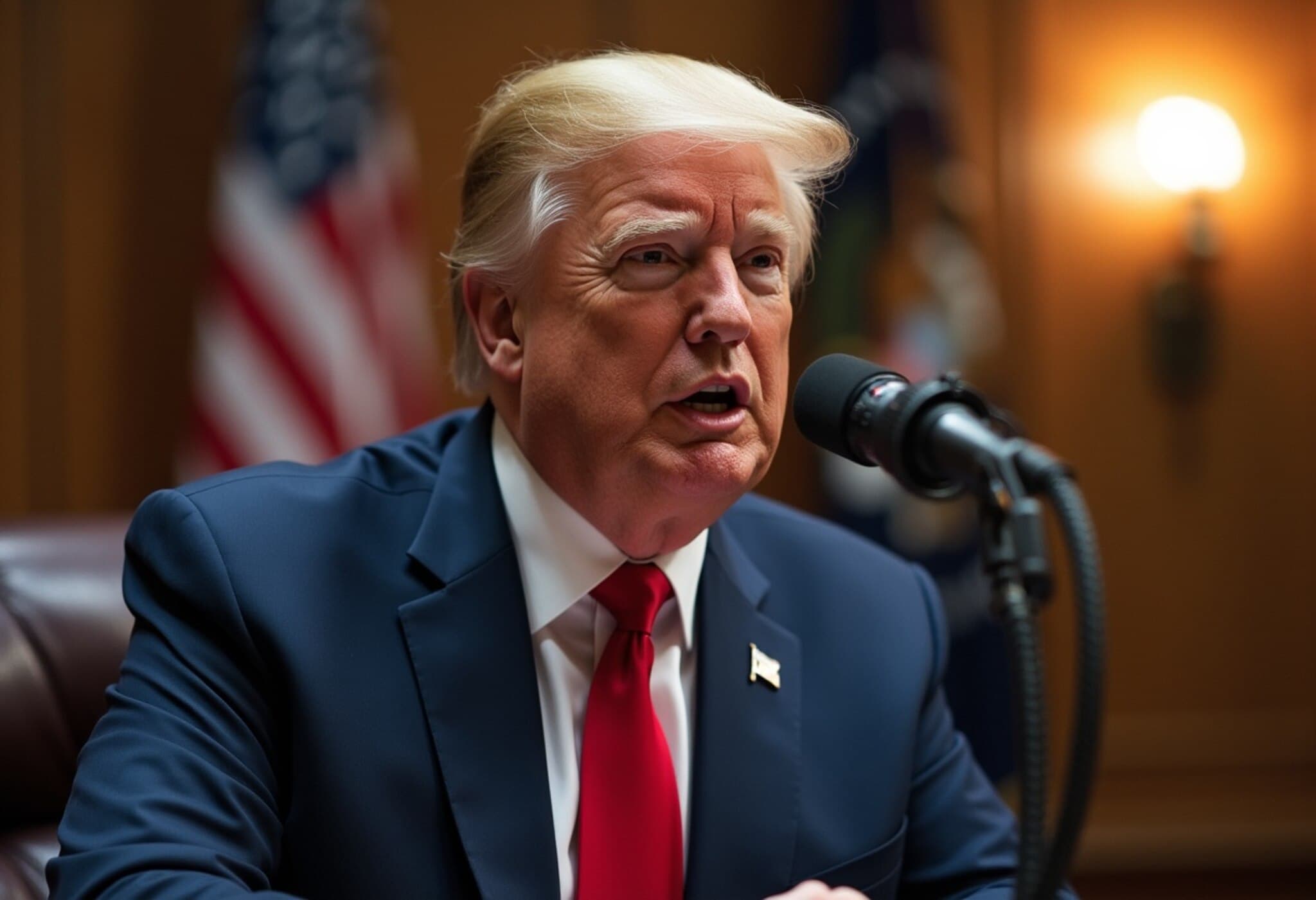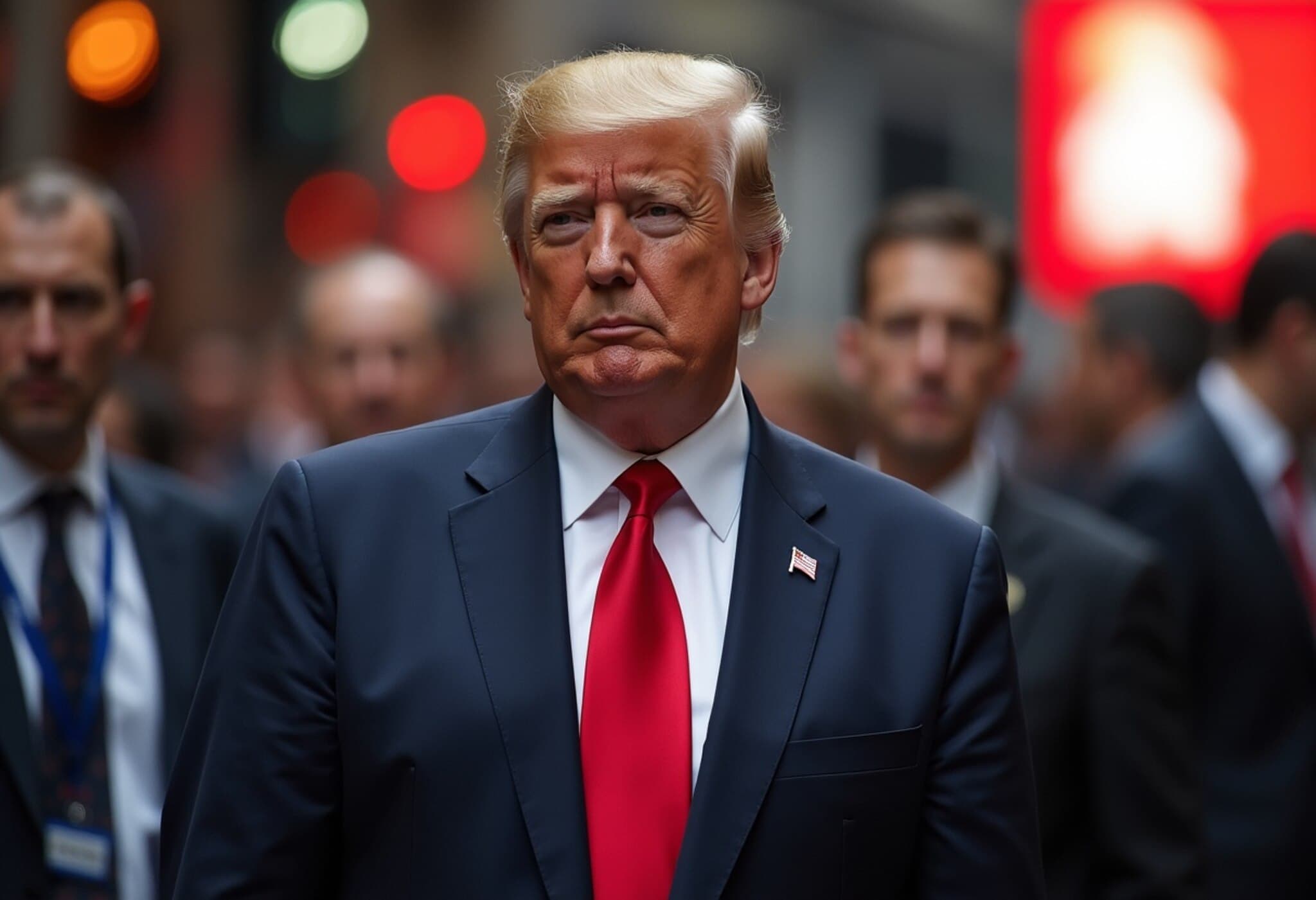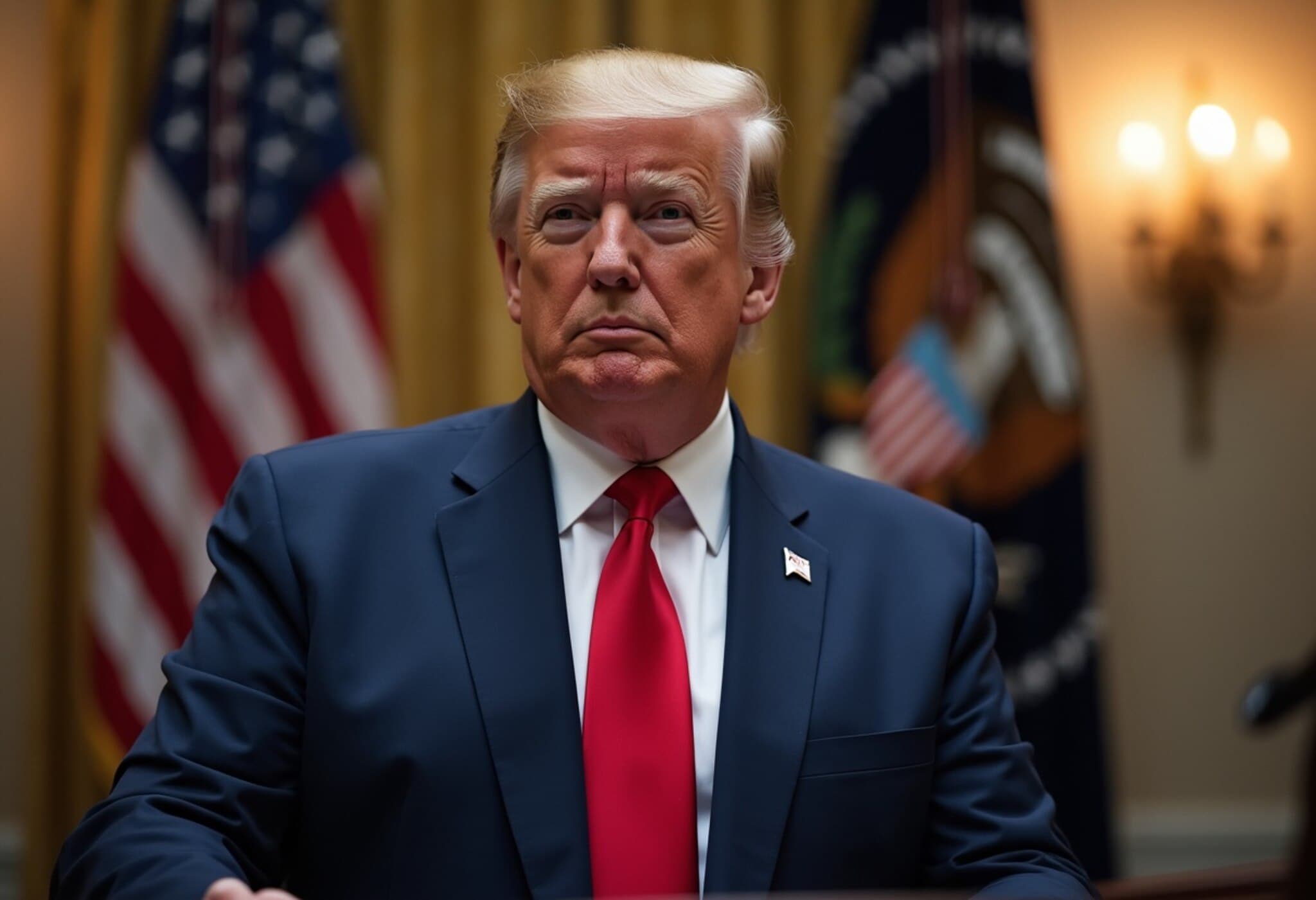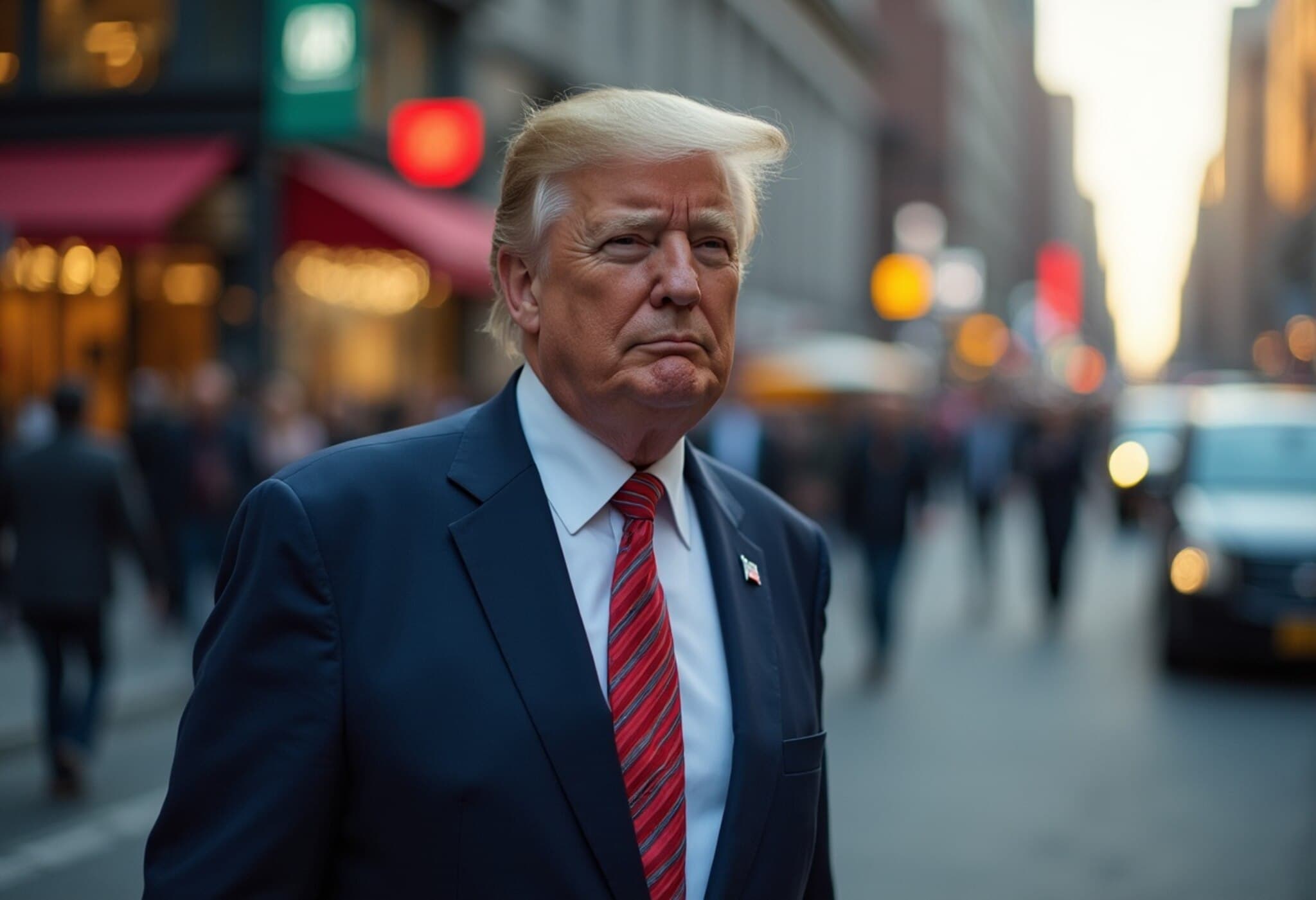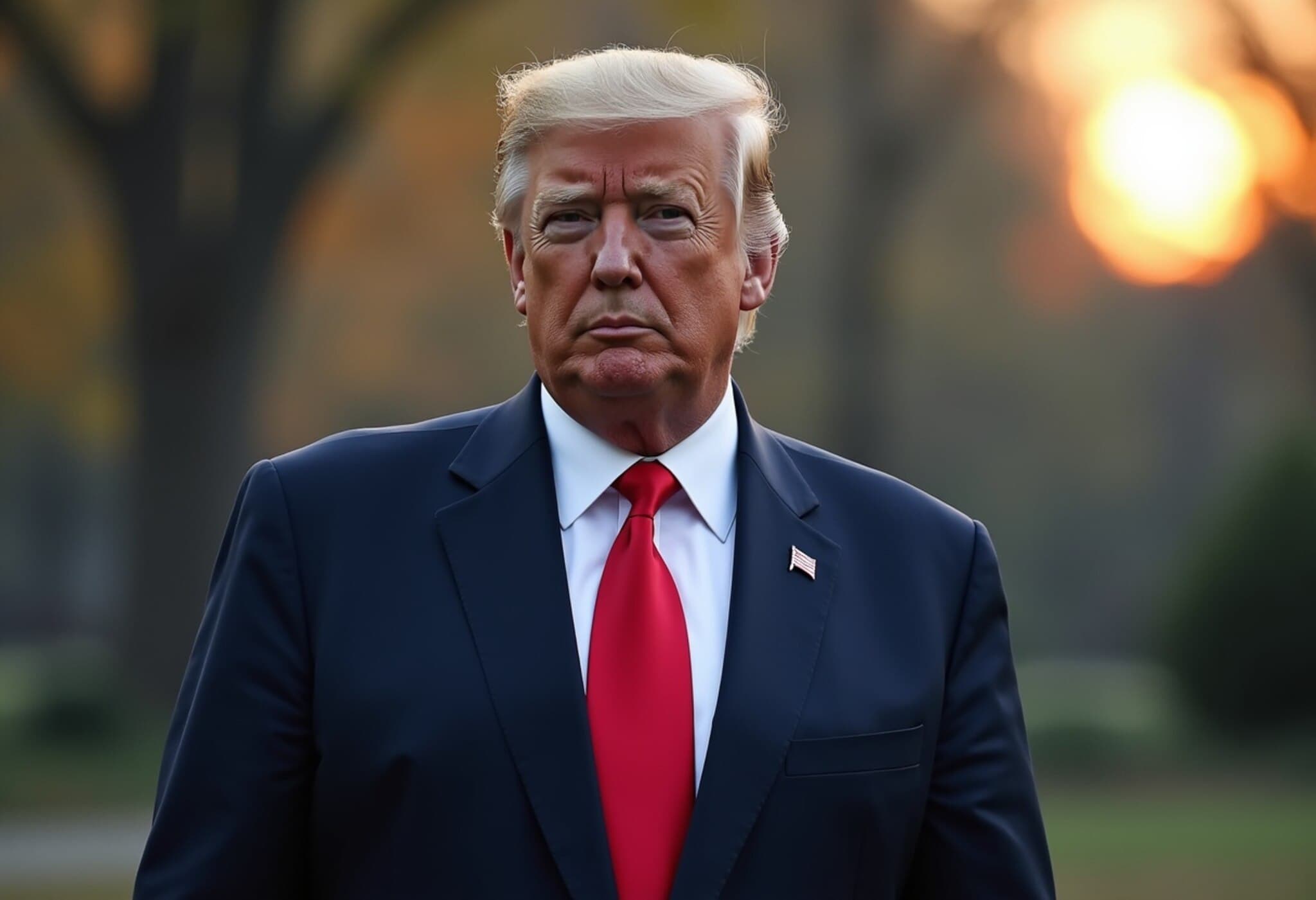US House Approves Three Pivotal Cryptocurrency Bills
In a significant legislative push, the US House of Representatives on Thursday passed three major cryptocurrency bills, marking a clear pivot toward a more defined and supportive regulatory framework for digital assets. This legislative milestone aligns with commitments made during the Trump administration, signaling increased acceptance and mainstream integration of crypto technologies.
Clarifying the Crypto Regulatory Landscape: The CLARITY Act
The centerpiece, the CLARITY Act, received swift bipartisan approval. This bill aims to resolve longstanding ambiguities by delineating regulatory responsibilities between the Securities and Exchange Commission (SEC) and the Commodity Futures Trading Commission (CFTC). This division of authority is intended to foster greater market confidence and reduce regulatory overlap that has historically impeded innovation.
Once passed by the Senate, where Republicans hold a narrow majority, the CLARITY Act could transform how crypto assets are governed, offering the sector clearer rules and predictability.
Stablecoins Get Legislative Backing with the GENIUS Act
Alongside the CLARITY Act, the House also unanimously approved the GENIUS Act, which codifies the legal framework for stablecoins—cryptocurrencies pegged to tangible assets such as the US dollar or treasury bonds. This bill mandates that stablecoin issuers maintain asset reserves equal to their outstanding cryptocurrency, enhancing security and trustworthiness for users and investors.
The Senate had already passed the GENIUS Act last month, and the bill is now headed for President Trump’s signature. Senator Bill Hagerty, the bill’s sponsor, emphasized its importance, stating, “This historic legislation will bring our payment system into the 21st century, secure the US dollar’s global dominance, and boost demand for US Treasuries.”
Trump's Crypto Turnaround: From Skeptic to Advocate
Notably, these legislative successes reflect a striking shift in former President Trump’s stance on cryptocurrency. Historically skeptical, Trump’s administration has since embraced the digital asset sector, influenced in part by substantial campaign contributions from crypto investors.
Beyond policy, Trump has actively ventured into the space — launching a namesake meme coin and hosting exclusive events for its top backers. Recent reports reveal plans to introduce cryptocurrency options into the massive US retirement market, potentially revolutionizing how Americans save for the future.
Defending Privacy: The Anti-CBDC Surveillance State Act
In a more partisan move, the House passed the Anti-CBDC Surveillance State Act, a bill designed to block any issuance of a central bank digital currency (CBDC) by the Federal Reserve. Though no official CBDC plans currently exist, Republicans express concern that such a currency could grant unprecedented government surveillance over personal financial transactions, threatening civil liberties.
However, with uncertain prospects in the Senate, the bill’s final passage remains in question.
Broader Implications for US Crypto Policy and Economy
These legislative developments come amid growing lobbying efforts from the crypto industry, reflecting its expanding influence in Washington. Democrat Congressman Josh Gottheimer supported the bills, highlighting the crucial need for “clear rules of the road” to guide market participants.
Moreover, President Trump has made strategic appointments, such as naming crypto advocate Paul Atkins to helm the SEC, and established a Strategic Bitcoin Reserve sourced from government seizures—efforts signaling a long-term federal engagement with digital currencies.
Expert Takeaway
From a policy analyst’s perspective, this moment marks the maturation of America’s approach to cryptocurrencies—shifting from adversarial skepticism to pragmatic regulation that balances innovation with investor protection. The emphasis on clear jurisdictional boundaries and stablecoin backing could position the US as a global leader in digital finance standards.
However, unresolved debates around privacy and the role of central bank digital currencies underscore ongoing tensions between technological advancement and civil liberties.
Editor’s Note
As Congress navigates these complex legislative waters, readers should watch how Senate deliberations unfold and what this means for the broader American economy. Will these bills accelerate crypto adoption or provoke new regulatory challenges? How might opening retirement accounts to cryptocurrencies transform American savings behavior? These crucial questions highlight an evolving financial landscape that demands both informed public discourse and vigilant policymaking.





